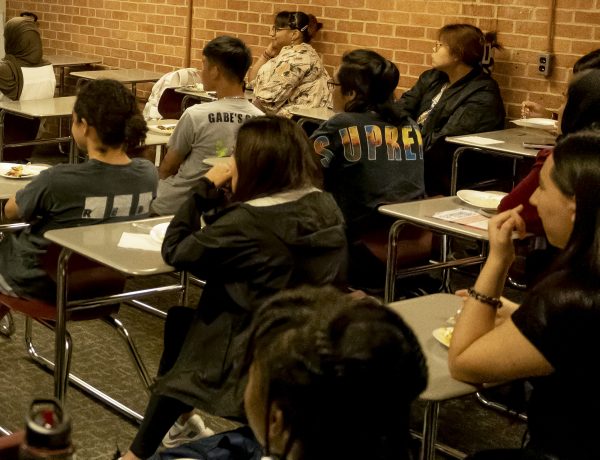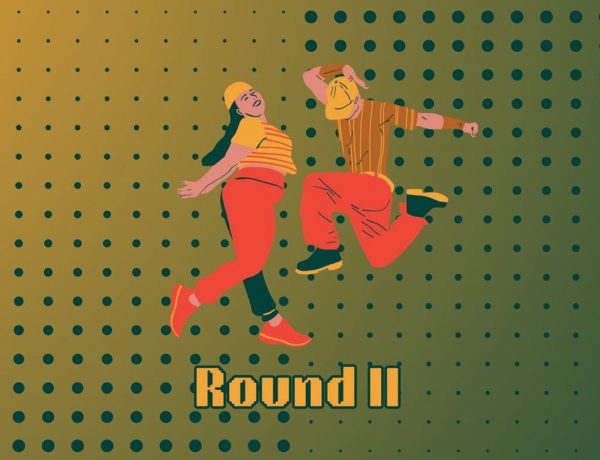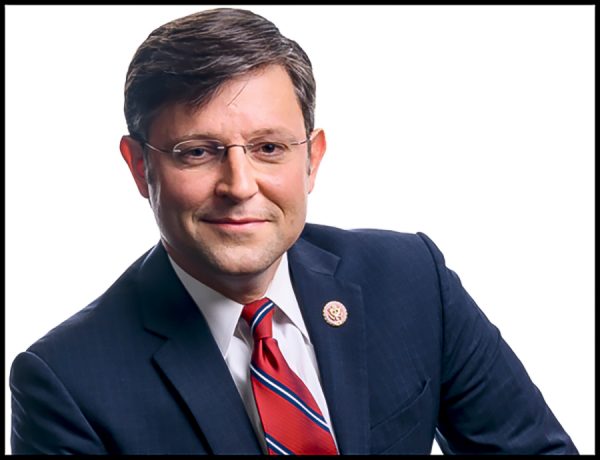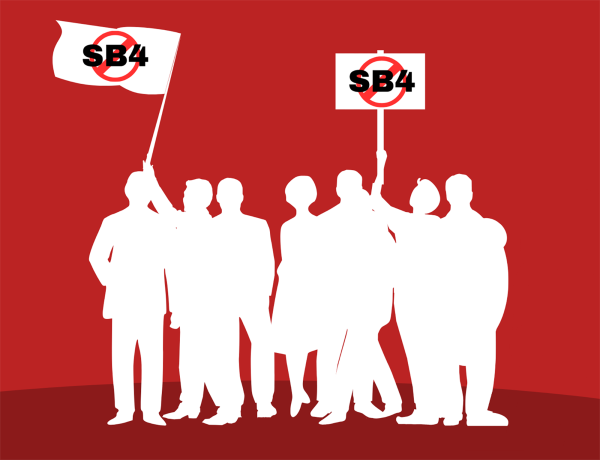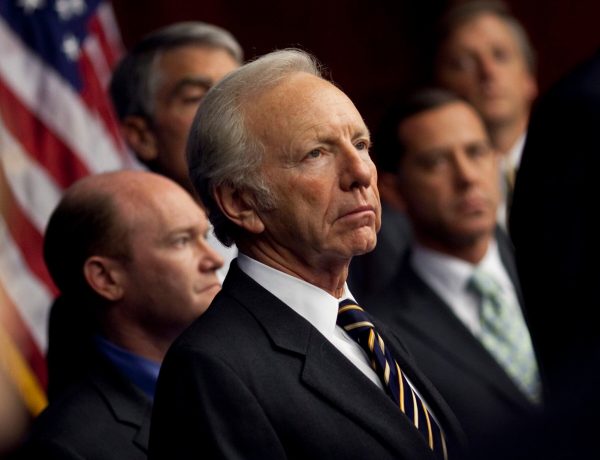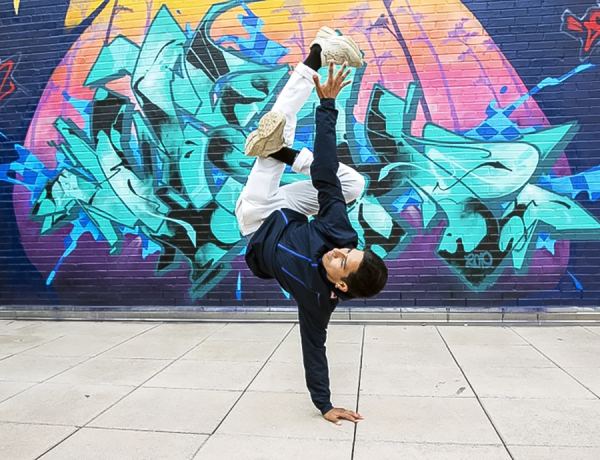Martin Luther King Jr and his cherry-picked legacy
February 9, 2023
If Dr. Martin Luther King Jr. were alive today, he would be 94 years old. He would have lived through 9/11 and the election of former president Barack Obama. Current president Joe Biden is 80 and saw the civil rights movement end with Dr. King’s death, 55 years ago, in 1968.
All the talk of numbers is to show that the time in which King lived wasn’t that long ago, and the timeline of social justice doesn’t stop when a leader dies. When we search photos of King, we see photos that are black and white, but the invention of color television and photographs happened years before. Surely school boards around the United States can put the color photos inside textbooks. But it hasn’t been done. Former President Lyndon B. Johnson has his photos in color, and he put the Civil Rights Act of 1964 in place. This exact rendition of media distorts time and causes many who learn to internalize those 55 years as a very long time, but, it isn’t so long ago as many think.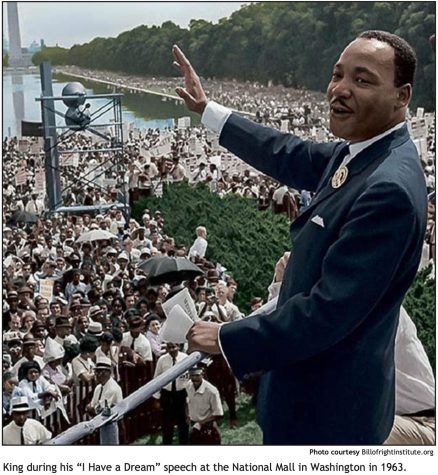
When debates arise regarding human rights in the United States government, many politicians like to quote King’s “I Have Dream” speech. It’s a speech many people use to fit their interpretation of King and spread their need of steady change rather than immediate action. King’s nonviolent protest approach on civil rights is all that many focus on, but they know little of how big of a socialist he was.
King believed that racial discrimination was the root of the United States economic well being; that it thrives on the backs of the poor and working class and does nothing to help bridge the gap between those with and without. He created the Poor People’s Campaign and united all people who were in poverty to fight for equal opportunity and economic stability. His dream wasn’t just for desegregation, and his voice carried a following that threatened the very structure the United States lived by.
His ability to unite the masses followed many threats to his life. According to Stanford University, it was revealed that the FBI started to watch King’s protest with their counterintelligence program (Cointelpro). While King did not show any signs of communist agenda but was subjected to many letters urging him to commit suicide. This is because King criticized the FBI saying that they were “completely ineffectual in resolving the continued mayhem and brutality inflicted upon the negro in the Deep South.” The blackmail he faced led to his assassination, and the Cointelpro investigations didn’t come to light until decades later.
King’s assassination slowed the fight the civil rights movement created in the years that followed, but it is never forgotten. With the movements like Black Lives Matter and Stop Asian Hate, the citizens of the United States still carry the need for social justice and fight for basic human rights that is still debated in the world today. Those who stood with and against his views are still battling in the legacy of their descendants.




